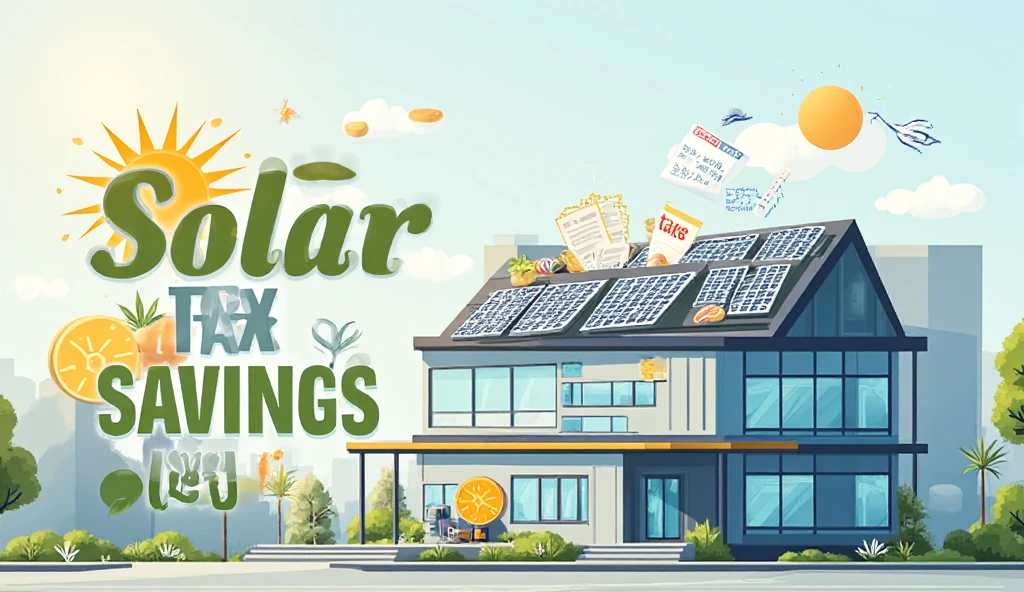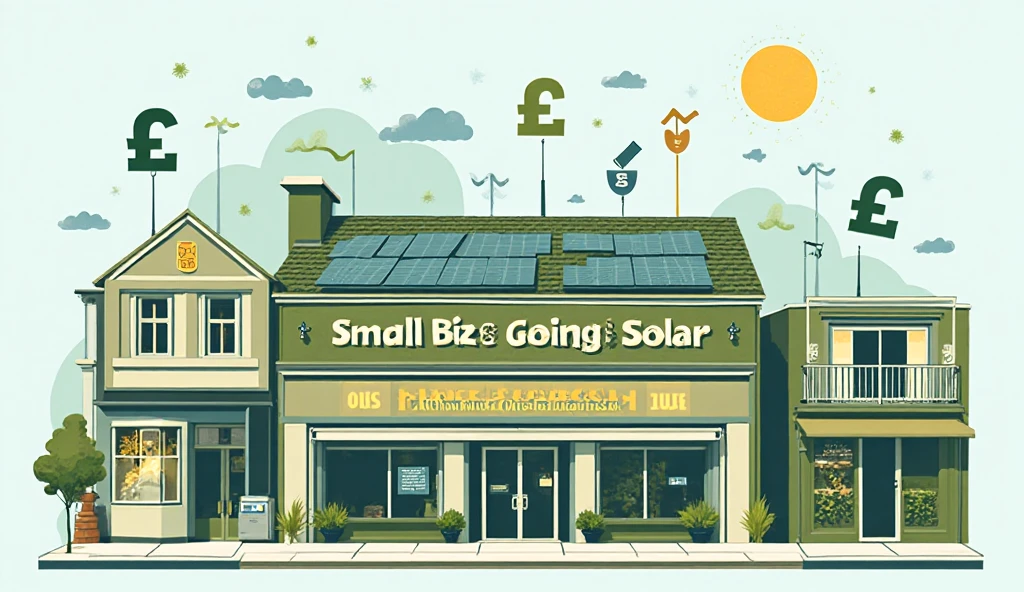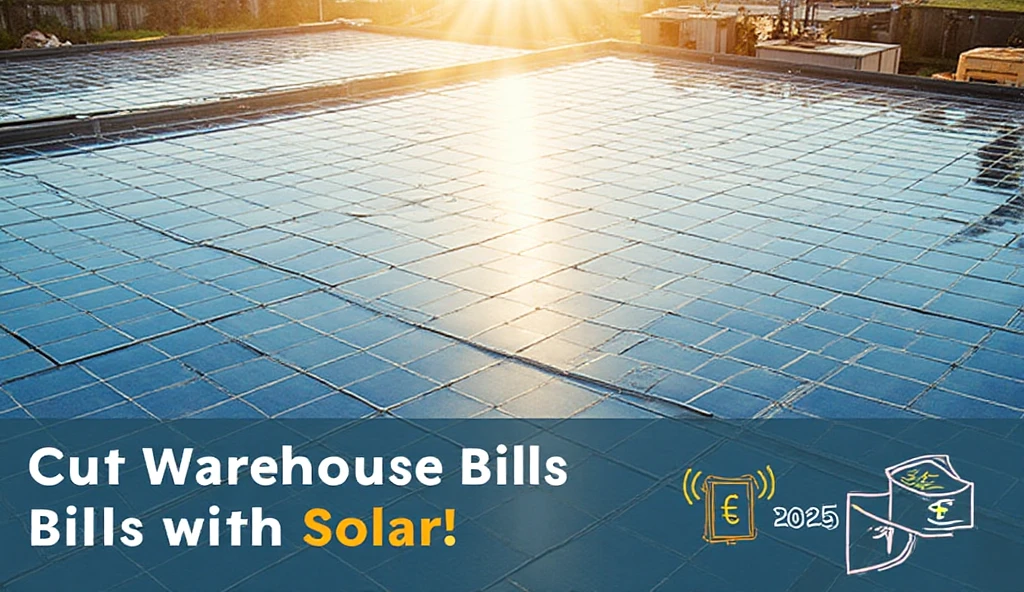In 2025, UK businesses looking to cut energy costs and improve sustainability can also unlock major tax advantages by installing solar panels. With high electricity prices and pressure to meet ESG goals, solar energy is an attractive investment. But beyond reduced bills and carbon footprint, the financial case is even stronger when you understand how current UK tax laws can significantly improve solar’s return on investment.

Full Capital Expensing (100% First-Year Deduction)
As of 2025, UK businesses benefit from full capital expensing on qualifying plant and machinery — and that includes solar panel installations. This means that businesses can deduct 100% of the cost of purchasing and installing a solar PV system from their taxable profits in the year of installation. For example, if a company spends £50,000 on a rooftop commercial solar system, that full amount can be written off immediately against profits, reducing Corporation Tax liability. At the standard Corporation Tax rate of 25%, that’s a potential £12,500 in tax savings in year one alone. This is one of the most powerful business tax reliefs currently available for energy investments
0% VAT on Commercial Solar (2025)
From 2024 onward, the UK government extended the 0% VAT rate to solar panel installations for non-domestic buildings where energy is consumed on-site. This means businesses pay no VAT on solar panels, batteries, inverters, and installation services when the system is designed for self-consumption. That saves 20% on upfront costs immediately — making solar systems more accessible and improving ROI. Businesses leasing properties or operating in shared commercial spaces can still benefit, provided the solar energy is used on-site and not sold as a service
Smart Export Guarantee Income Is Not Tax-Free
If your business exports unused solar electricity back to the National Grid via the Smart Export Guarantee (SEG), that income is considered taxable. However, it can still enhance the profitability of your system. Export income should be declared as part of your annual accounts, but it does not affect eligibility for capital allowances or other tax benefits. Some businesses choose to use this income to offset operational costs or reinvest in further energy efficiency measures
Business Rates Implications: Now More Lenient
Historically, adding solar panels to commercial properties could increase business rates. However, the UK government now exempts most on-site solar energy systems from business rates reassessment, provided the electricity is used mainly for self-consumption. This is particularly relevant for owner-occupiers and SMEs. In multi-tenant buildings, it’s important that the solar installation is used for direct benefit of the business and not operated as a standalone energy company, which could trigger rateable value adjustments
Enhanced Capital Allowances (ECAs) for Certain Projects
Some businesses, particularly in sectors like manufacturing, logistics, or cold storage, may qualify for enhanced capital allowances under energy-saving schemes. While the general ECA programme has closed, similar benefits can still be claimed under regional or sector-specific clean energy initiatives. Projects that incorporate solar along with other efficiency upgrades (like LED lighting, insulation, or HVAC improvements) may be eligible for additional financial support or accelerated tax relief through local development funds or industrial decarbonisation grants
Claiming Solar as a Business Asset
Once installed, solar panels are treated as a business asset and can be accounted for in your balance sheet. This provides long-term asset value while reducing operating costs. The asset can also enhance your company’s valuation and ESG profile, which may be important when seeking investment, partnerships, or contracts that require sustainability reporting. If financed through a commercial loan, interest payments may also be tax-deductible
Tax Efficiency for Landlords and Developers
Commercial landlords can claim tax relief on solar installations made on properties that they lease to tenants, provided the installation is part of a service offer or lease package. If solar is added to increase energy efficiency and lower operating costs for tenants, it is considered a capital improvement that qualifies for full expensing. Developers of commercial or mixed-use buildings can incorporate solar into build costs and claim tax deductions accordingly. Solar panels also contribute to better EPC ratings, helping meet legal requirements for lettable space under MEES regulations
Leasing vs Buying: Tax Implications
When you buy and own the solar system, you get the full benefit of capital allowances, VAT savings, and SEG income. If you lease or use a Power Purchase Agreement (PPA), the financier or system owner may claim the allowances instead, and you receive bill savings without upfront tax benefits. Leasing is still tax-efficient — lease payments can often be deducted as a business expense — but it’s important to understand who owns the asset and how the tax treatment applies. For businesses with available capital, ownership generally offers the strongest overall tax return
R&D Tax Credits for Innovative Installations
If your solar installation includes innovative technology, smart energy management, or integration with custom battery or control systems, you may be eligible for R&D tax relief. UK businesses investing in qualifying research and development related to energy systems can claim back a portion of costs through the R&D Tax Credit scheme. This is particularly relevant for companies developing their own renewable tech or integrating solar into manufacturing automation or IoT-based energy platforms
Example Scenario: Tax Impact for a Medium Enterprise
A mid-sized logistics company installs a £120,000 rooftop solar PV system on its distribution centre. Under full capital expensing, it deducts the entire £120,000 from profits that year, saving £30,000 in Corporation Tax. Thanks to the 0% VAT, it saves another £24,000 compared to previous years. The system cuts annual electricity costs by £18,000 and earns an additional £1,200 per year through the SEG. In total, the company recovers over £70,000 in tax savings and operational reductions in the first 2 years alone — with 20+ years of ongoing savings ahead
Final Thoughts
The UK government is actively supporting the commercial transition to clean energy with a generous package of tax benefits in 2025. From 100% capital expensing and 0% VAT to business rates relief and potential R&D credits, solar panel installations now deliver more than just energy savings — they provide real tax efficiency for smart operators. Whether you’re a business owner, landlord, or property developer, going solar can significantly lower your tax bill while improving sustainability credentials and long-term profitability
To make the most of the available tax benefits, it’s essential to work with an MCS-certified solar installer and consult your accountant or tax advisor before installation. Properly structured, your investment in solar could pay for itself faster and more profitably than almost any other upgrade on your balance sheet today



Leave a Comment